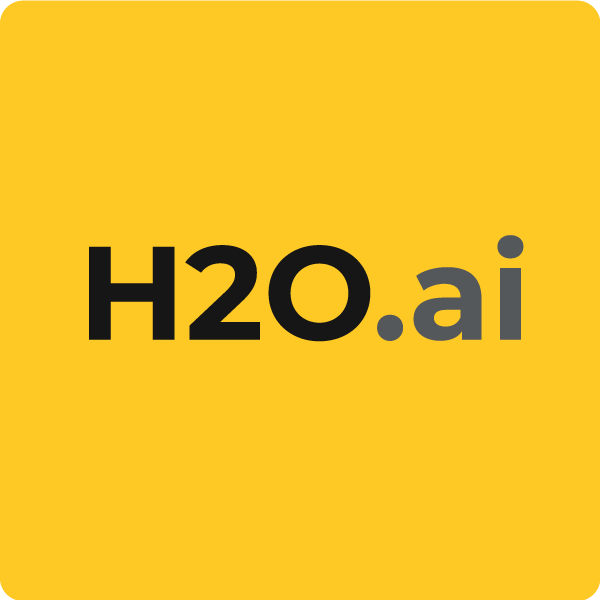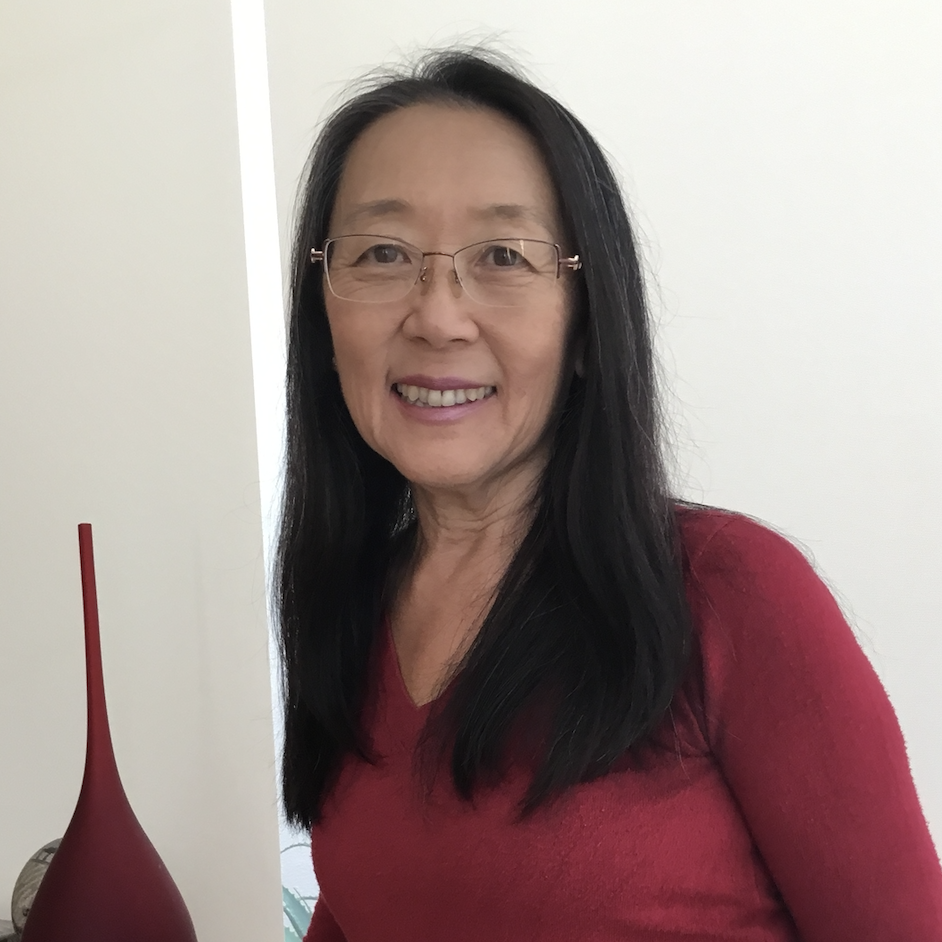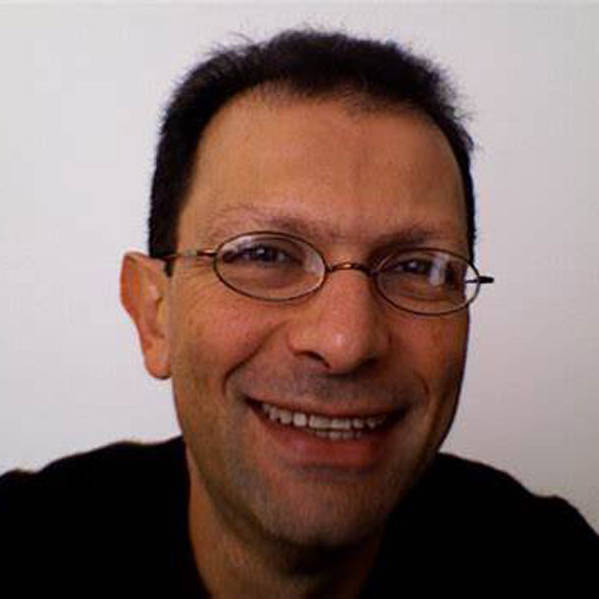Project FIND
Democratize Ocean Science
Seatrec's Project FIND (Float Innovation & New Discovery) is our mission to broaden everyone's knowledge of our planet and our climate by promoting equity in ocean research. We are sponsoring five underrepresented oceanographers from multiple continents with state-of-the-art technologies. Each of these five teams will receive a $75,000 Navis scientific float with Seatrec's SL1 energy harvesting modules. Project FIND is also sponsored by visionary data science and AI cloud platform provider H2O.ai, who will provide each team with free support and access to H2O.ai's award-winning Driverless AI platform that uses AI to deliver expert data science easier and faster and cheaper than traditional applications. Project FIND seeks to democratize ocean science and demonstrate the potential of both AI and sustainable SL energy harvesting to surface new ocean insights and introduce a renewable paradigm for float operations capable of profiling as frequently as every six hours down to 1,000 meters while lasting for years. If you are interested in participating or sponsoring Project FIND, please reach out to info@seatrec.com.
Brazil
Ocean
South Atlantic
Study
SAMOC and other drivers for ocean variability
Benefit
Unprecedented view of ocean currents and water masses
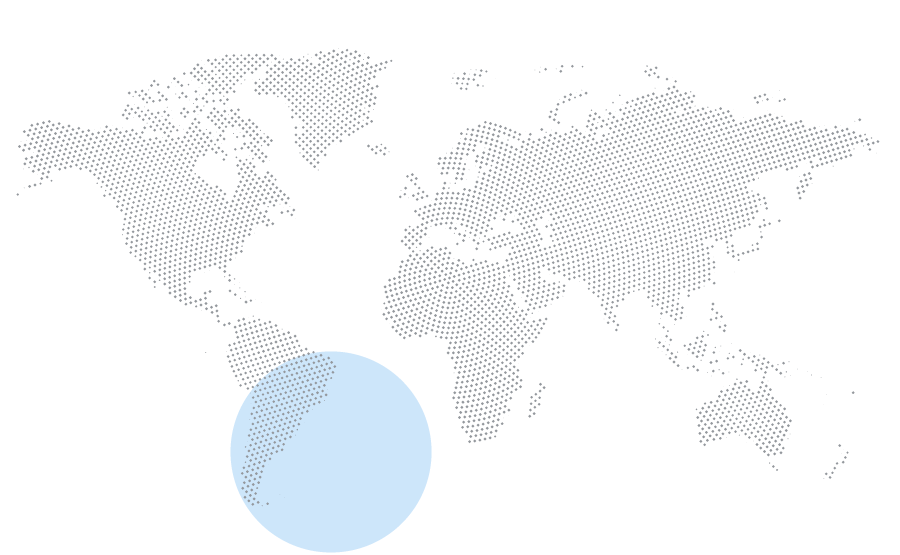
Olga Sato, PhD
Physical Oceanography
Oceanographic Institute
University of São Paulo
South Atlantic Meridional Overturning Circulation (SAMOC)
Olga Sato is a professor in Physical Oceanography at the Oceanographic Institute of the University of São Paulo, in Brazil. Her research interests involve the study of large-scale oceanic circulation focused on the South Atlantic ocean. She currently studies aspects of Meridional Overturning Circulation (MOC), an indicator for changes in climate, under the perspective of oceanic fluxes and water mass formation. She is a co-PI of the project SAMBAR, an effort to understand the role of the South Atlantic in the MOC system. A line of moored Pressure Sensor Inverted Echo Sounders (PIES) on the western side of the South Atlantic at 34.5ºS and maintenance cruises are used to monitor the changes in the MOC, since 2009. These activities are part of the observational effort carried out by the initiative known as the South Atlantic MOC (SAMOC) which she is part of the SAMOC Executive Committee.
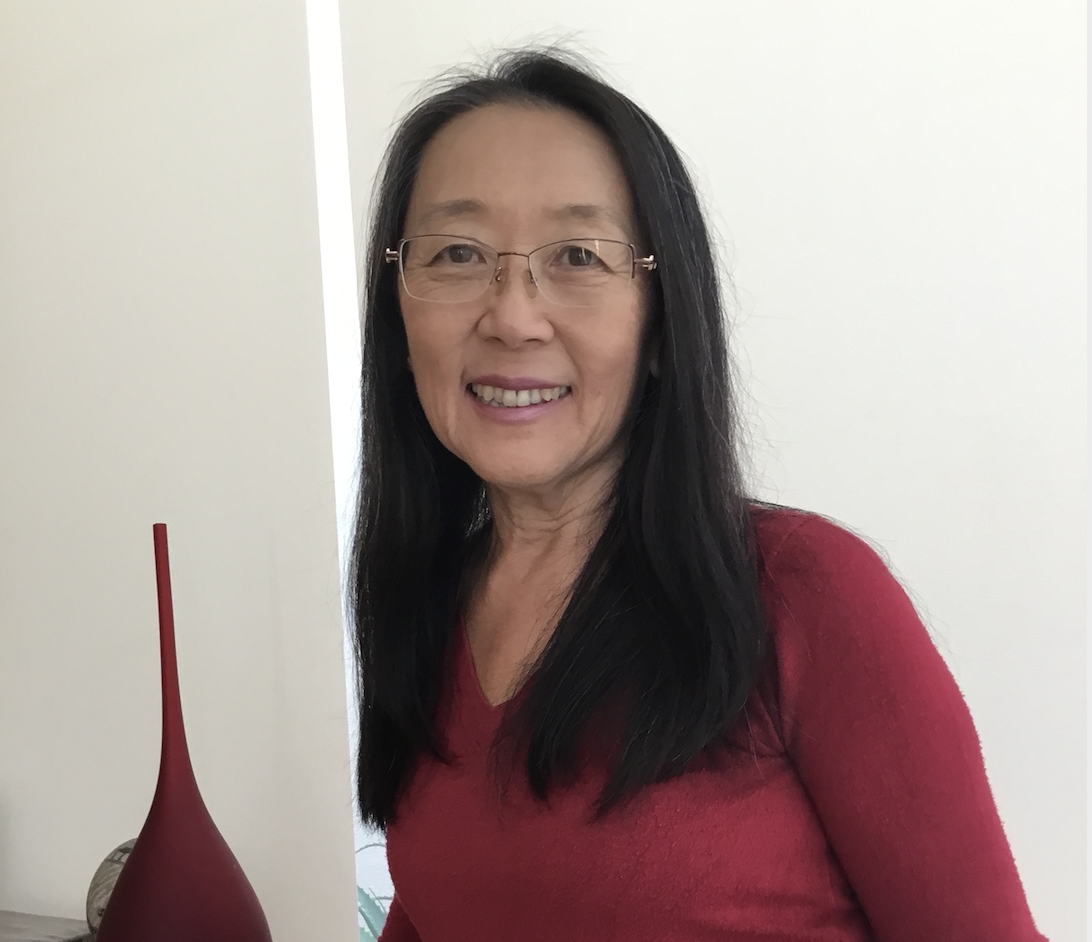
Paulo Polito, PhD
Physical Oceanography
Oceanographic Institute
University of São Paulo
Paulo S. Polito is a professor of Physical Oceanography at the Oceanographic Institute of the University of São Paulo, Brazil. He has a Ph.D. from the University of Rhode Island, and postdoctoral positions at NASA’s Jet Propulsion Laboratory in the USA and at the National Institute for Space Research in Brazil. His research interests are focused on planetary waves and large scale physical oceanography using satellite sensors as the main data source, and innovative data analysis techniques.
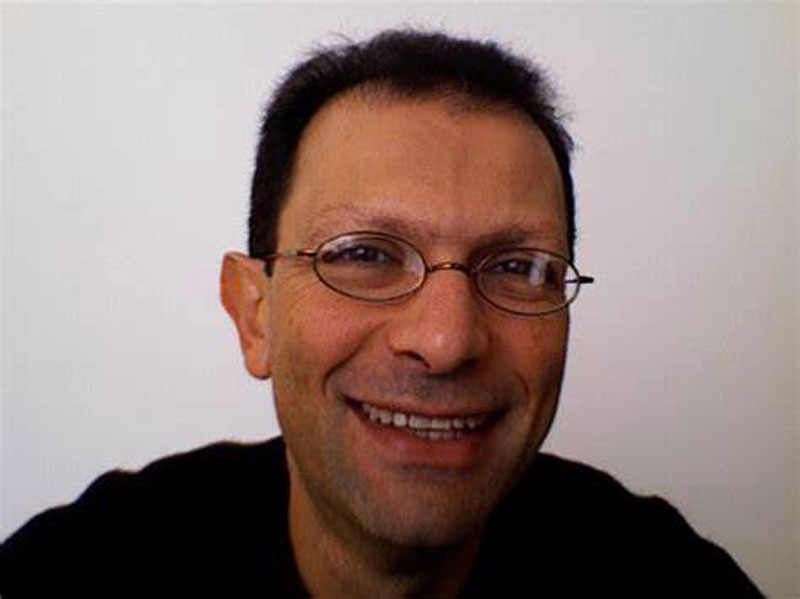
Ghana
Ocean
Gulf of Guinea
Study
BGC processes, ocean currents, upwelling
Benefit
Address lack of regional data; capacity building, improve modeling
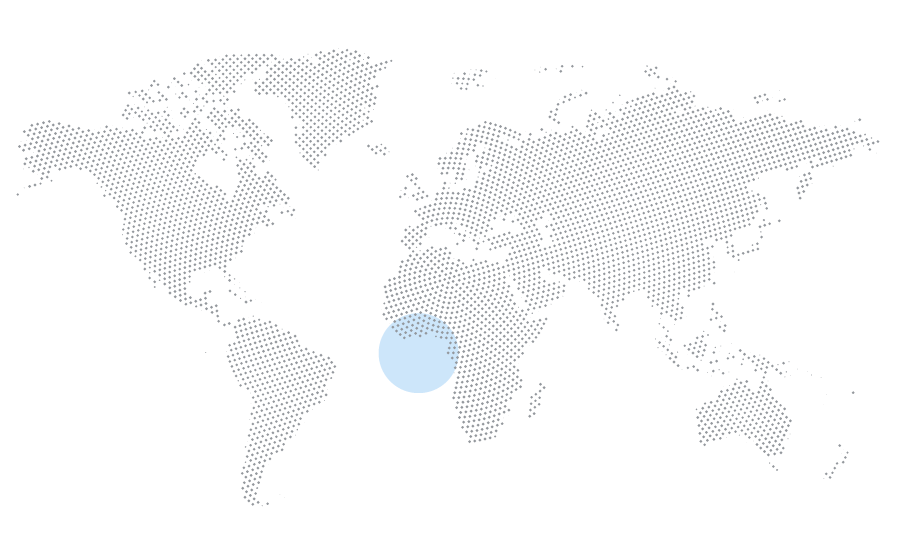
Edem Mahu, PhD
Department of Marine Biogeochemistry
University of Ghana
Dr. Edem Mahu is a Senior Lecturer of Marine Biogeochemistry at the Department of Marine and Fisheries Sciences of the University of Ghana where she teaches both undergraduate and postgraduate courses in Marine Biogeochemistry. She is a 2021 National Geographic Emerging Explorer Award recipient, a 2020 Future Leaders African Independent Research (FLAIR) fellow through the Royal Society, UK, and a UNESCO-OWSD research fellow. She received her PhD in Marine Geoscience at the University of Ghana and did her graduate work at the Moss Landing Marine Laboratories. Dr. Mahu is a co-founder of “EQUISEA: The Ocean Science Fund for All” a funding/support scheme for global ocean capacity development, a board member of POGO, an executive committee member of CoastPredict, and a founding member of Global Ocean Corps.
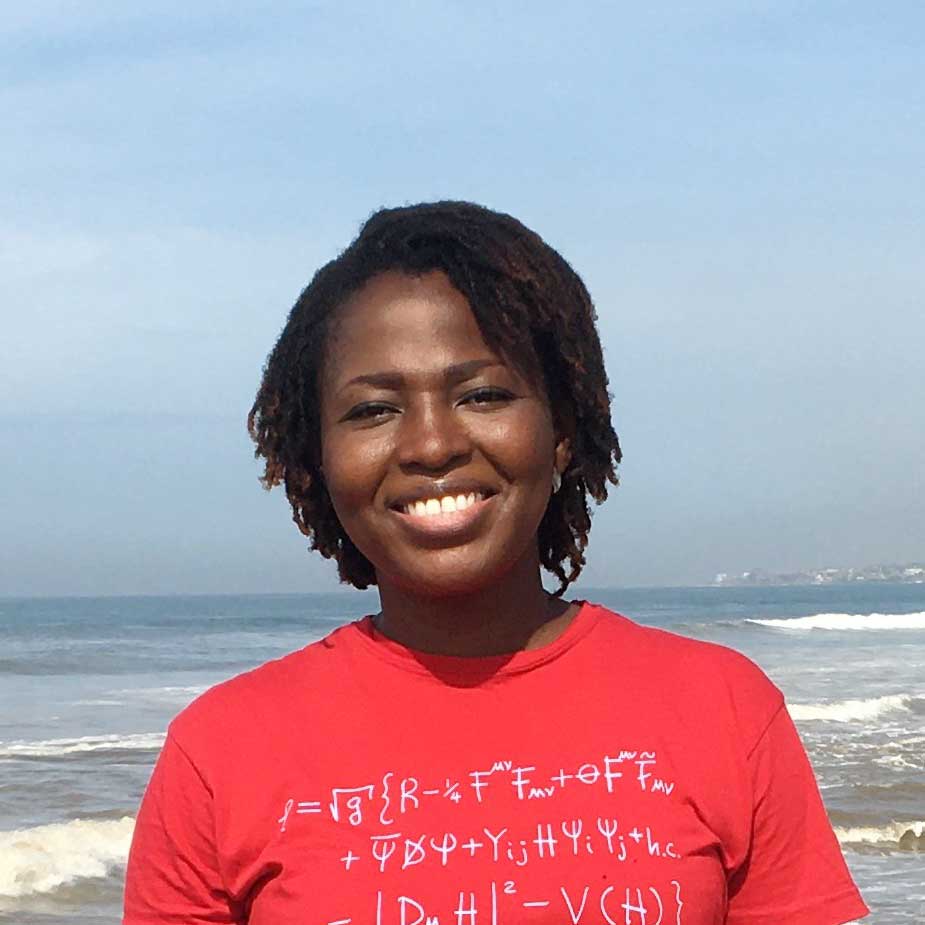
Joseph Ansong, PhD
Department of Mathematics
University of Ghana
Dr. Joseph Ansong is presently a senior lecturer in the Department of Mathematics at the University of Ghana. He received his PhD in Applied Mathematics at the University of Alberta in Canada. Before joining the University of Ghana, Dr. Ansong worked as a post-doctoral fellow and a Research Scientist in the Department of Earth and Environmental Sciences at the University of Michigan, USA. His specialization is in the area of Applied Mathematics, specifically in Fluid Dynamics, Mathematical Modeling and Physical Oceanography. His research interests include the energetics of regional/global oceanic internal gravity waves, the dynamics of turbulent plumes, buoyancy driven flows and geophysical flows. One of his goals is to use regional ocean models together with observational data to study geophysical phenomena along the Gulf of Guinea in the Atlantic Ocean.
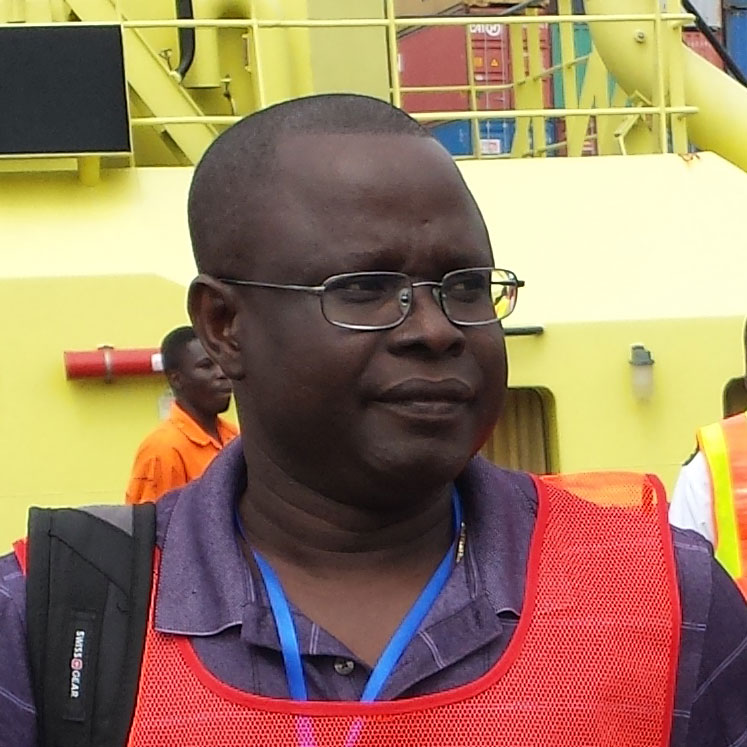
Mexico
Ocean
Gulf of Mexico
Study
Mesoscale eddies that modulate gulf circulation
Benefit
Improve fisheries, data for weather, BGC gradients
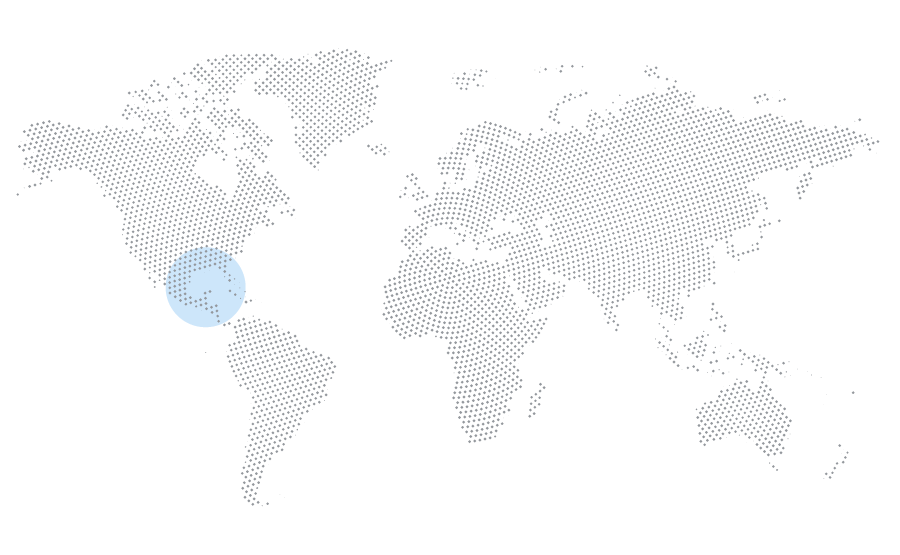
Miguel Tenreiro, PhD
Physical Oceanographer
Ensenada Center for Scientific Research and Higher Education
CICESE
Dr. Tenreiro’s research has focused on different aspects of the Physical Oceanography has laboratory experiments, numerical simulations and more recently data acquisition and analysis using moorings and gliders. The Gulf of Mexico circulation has been the main subject of his research, in particular the mesoscale eddies that modulate the gulf circulation. Recently, Dr. Tenreiro publish a work on the vertical
coupling of near surface and deep circulation layers due to Loop Current Eddies propagation to the west in the Gulf of Mexico and how this coupling system contributes to a deep circulation. His recently operational work in the Gulf of Mexico at different scales using different platforms (Eularian and Lagragian) have strongly contributed to get the necessary information to study the Gulf of Mexico circulation and processes. Is member of CANEK and GMOG’s group which are actively measuring Gulf of Mexico with moorings and gliders, respectively.
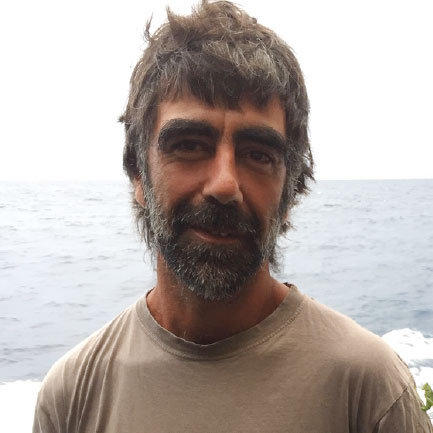
South Africa
Ocean
Atlantic, Southern, and Indian
Study
Agulhas Current
Benefit
Address lack of regional data, weather insights, capacity building, STEM
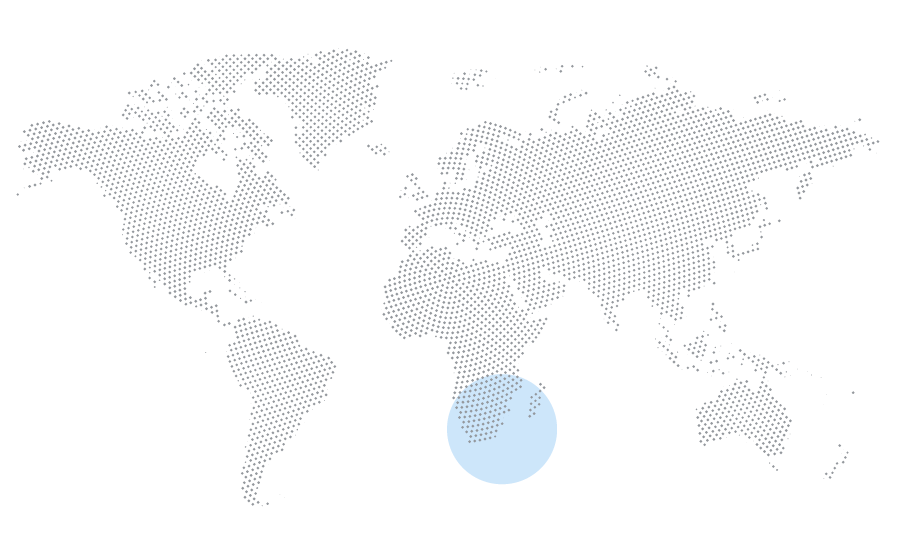
Tammy Morris, PhD
Acting Senior Manager
Marine Senior Scientist
South African Weather Service
Tammy is a physical oceanographer with extensive in-field experience in the South West Indian and South Atlantic Oceans using a variety of ocean observing instruments and platforms. Her PhD thesis made use of Argo floats on high-resolution profiling to study mesoscale dynamics in the southern Mozambique Channel and the Agulhas Current. As such, Tammy’s academic interests lie in boundary currents, mesoscale eddies and the use of autonomous ocean observing platforms to study these dynamics.
Tammy collaborates with researchers at the national, regional and international panel. She is a member of the Argo Steering Team (AST) as the South African focal point, is a co-chair on the Ships of Opportunity Implementation Panel (SOOPIP) as part of the Ship Observations Team (SOT) group. She also contributes to task teams for the Data Buoy Coordination Panel (DBCP) to ensure deployment of instruments into the Indian Ocean and the Observation Coordination Group (OCG) task team for capacity development.
Currently, Tammy also acts as the Senior Manager for Marine within the South African Weather Service, progressing the value of ocean observations to validate coastal high resolution forecast models for the safety of life at sea.
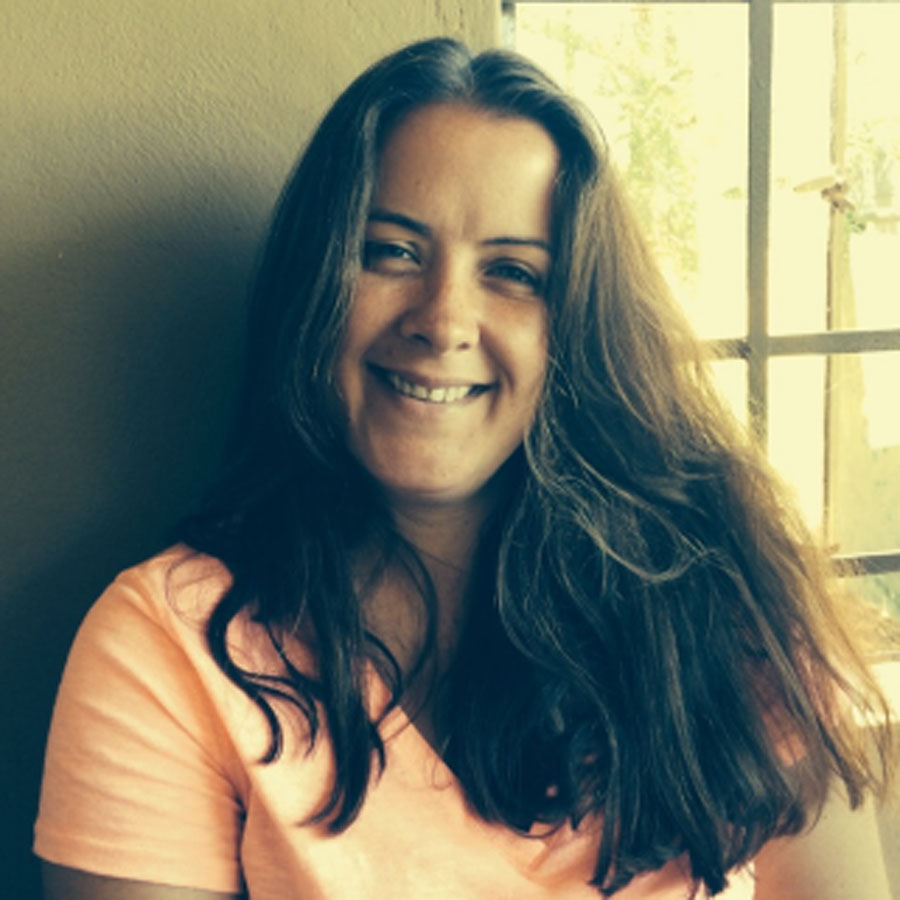
Juliet Hermes, PhD
Manager and Oceanographer
South African Environmental Observation Network (SAEON)
Juliet works within both academia, at the University of Cape Town and the Nelson Mandela University, where she supervises numerous students and within the Government funded South African Environmental Observation Network, where she leads a team focusing on long term observations, modeling and research of the marine offshore environment around southern Africa. Her academic interests lie in using observations and models to understand the sub-mesoscale through to large scale variability in the South Indian and South Atlantic oceans, with a particular focus on the Agulhas Current. She has more than 30 papers in high impact journals and has graduated 8 PhD and 14 MSc students.
Juliet has significant experience with developing, coordinating and managing national, regional and international longterm, multidisciplinary, ocean observations and numerical modelling programs. She has extensive regional and international collaborations as well as experience and passion for capacity development across regions, cultures and varying skillsets.
Juliet’s involvement in the CLIVAR Indian Ocean Regional Panel as well as the GEO Blue Planet, the Indian Ocean Rim Association and GCOS have allowed her to gain a greater understanding of policy and the users of ocean observing systems. She commits a lot of her time to ocean observing systems through the GOOS Observation Coordination Group, as well as their standards and best practices through the IOC/GOOS Ocean Best Practices Group. Juliet continues to promote South African and African oceanography within the international arena and focuses attention on capacity development through ensuring knowledge generation and sharing as well as by growing a diverse cohort of marine scientists.
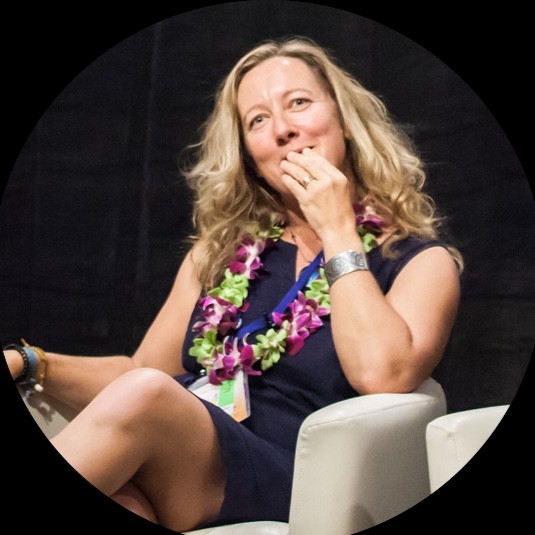
Sri Lanka
Ocean
Indian Ocean
Study
Circulation, upwelling, and whale data
Benefit
Continuous data about the habitat; important to blue whales and other species
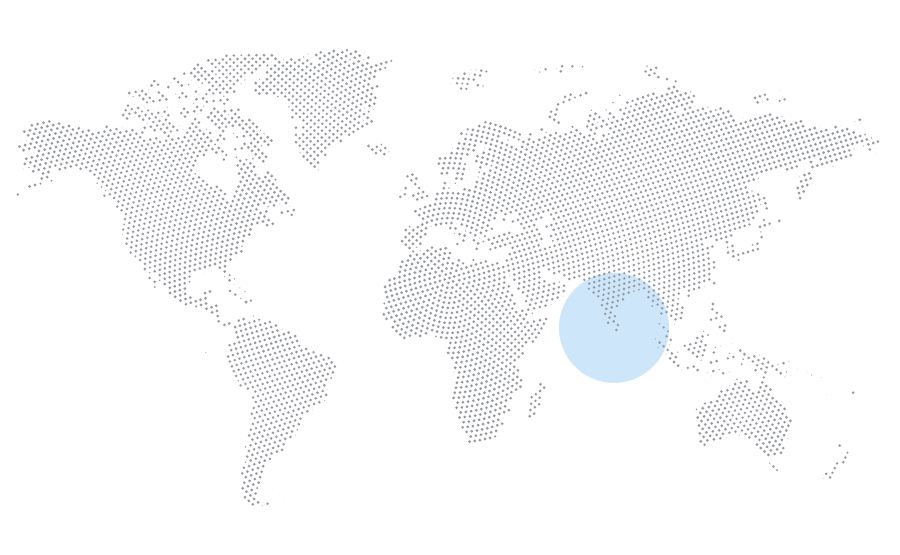
Asha de Vos, PhD
National Geographic Society
Oceanswell
The Blue Whale Project
Dr. Asha de Vos is an international award-winning Sri Lankan marine biologist, ocean educator and pioneer of blue whale research within the Northern Indian Ocean. She has degrees from the Universities of St. Andrews, Oxford and Western Australia but escaped academia to establish her own Sri Lankan grown non-profit, Oceanswell. Oceanswell, Sri Lanka’s first marine conservation research and education organization is home to the well-known ‘Sri Lankan Blue Whale Project’ the first long-term study on blue whales in the region. Asha’s work has led to many key research publications, that are used to inform policy at the local and global level. Her work has been showcased internationally and locally. Asha is the first and only Sri Lankan to have a PhD in Marine Mammal research, the first Pew Fellow in Marine Conservation from Sri Lanka and also the first National Geographic Explorer. Asha is a member of the IUCN SSC Cetacean Specialist Group and is also a TED Senior fellow, an Ocean Conservation Fellow at the New England Aquarium, a Duke Global Fellow in Marine Conservation, and a World Economic Forum Young Global Leader. In 2018 Asha was recognized with a WingsWorldQuest Woman of Discovery at Sea award, was a global winner for the UK Alumni Awards in the Professional Achievement category that recognizes alumni whose work has created change in their chosen profession, a Woman in Management Inspirational Woman of the Year Award and an Ada Derana Sri Lankan of the Year Emerging Global Scientist Award. Asha’s life work is to change the current marine conservation model, protect this unique population of blue whales and inspire the next generation of diverse ocean heroes.
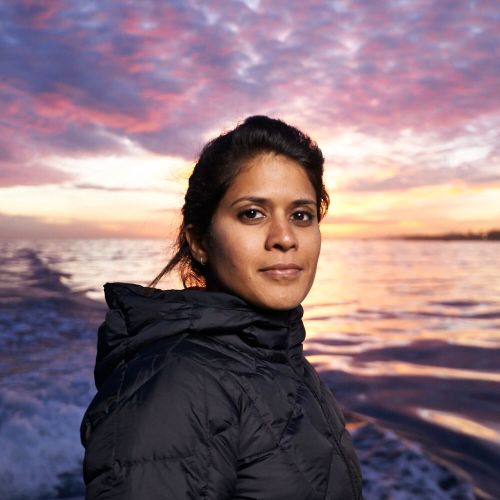
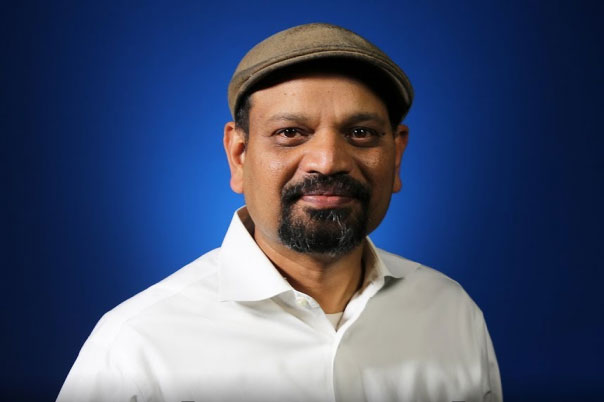
Partner and Sponsor
